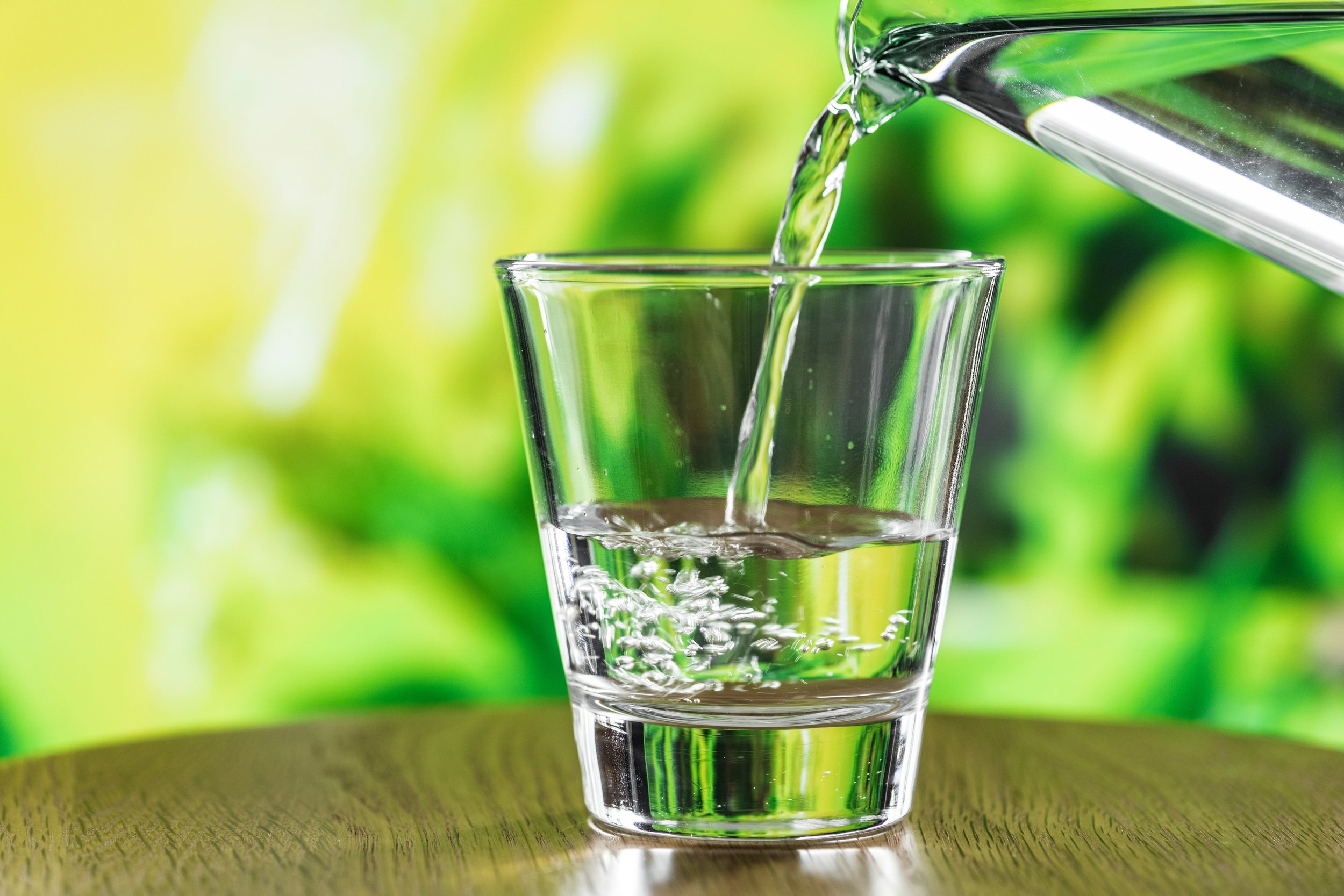Water is essential for life and 2.2 billion people still lack access to safely managed water services.
From quenching our thirst to nourishing crops and keeping our bodies healthy, clean water is a critical resource that every human being should have access to. However, millions of people around the world still lack access to safe, clean water, which has devastating consequences for their health, livelihoods, and overall well-being.
The Role of Clean Water in Health and Hygiene
Clean water plays a central role in maintaining good health. It’s not just about staying hydrated; water is used for bathing, cooking, and cleaning, all of which are necessary for preventing diseases and promoting good hygiene. Contaminated water can carry dangerous bacteria, viruses, and parasites that cause serious illnesses such as cholera, dysentery, and typhoid fever. According to the World Health Organization, unsafe water and poor sanitation are responsible for hundreds of thousands of deaths each year and the demographic most adversely affected being children under five..
The lack of access to clean water often limits hygiene which in turn increases the spread of diseases. Handwashing with clean water, for example, is one of the most effective ways to prevent the transmission of illnesses, but many communities do not have enough clean water for this basic practice.
The Impact on Education and Economic Development
The consequences of water scarcity go beyond health; they have significant social and economic impacts as well. In many developing countries, women and children are responsible for fetching water, often walking long distances to reach a water source. This daily task takes up hours of their day, preventing children from attending school and women from engaging in economic activities that could improve their family’s standard of living. Without access to clean water, entire communities are trapped in a cycle of poverty and underdevelopment.
Moreover, access to clean water is vital for agriculture, which is the main livelihood for many rural communities. Water scarcity affects crop production, leading to food shortages, higher food prices, and malnutrition. Ensuring that farmers have reliable access to clean water for irrigation is crucial for food security and economic stability.
Environmental Sustainability and Clean Water
Ensuring access to clean water is also an essential aspect of environmental sustainability. Many water sources are being depleted or polluted due to industrial activities, agricultural runoff, and poor waste management. Protecting natural water resources is critical not only for the current generation but for future generations as well. Sustainable water management practices, such as conserving water, reducing pollution, and protecting wetlands, are essential for maintaining the health of ecosystems and ensuring that clean water remains available for all.
The Global Water Crisis and the Path Forward
The global water crisis is one of the most pressing challenges of our time, but it is a solvable problem. International organizations, governments, and non-profits are working together to provide clean water solutions to communities in need, from building wells and water filtration systems to educating communities about water conservation. However, more investment, innovation, and collaboration are needed to ensure that everyone, regardless of where they live, has access to this basic human right.
As individuals, we can also contribute to solving the water crisis by using water responsibly, supporting organizations that provide clean water solutions, and raising awareness about the importance of water access.
Access to clean water is not a luxury but a necessity for human survival, health, and dignity. It is a fundamental human right that must be upheld for all people, regardless of their socioeconomic status or geographical location. By addressing the global water crisis and ensuring that everyone has access to clean, safe water, we can improve health outcomes, promote education, and support economic development, ultimately creating a more just and sustainable world.

